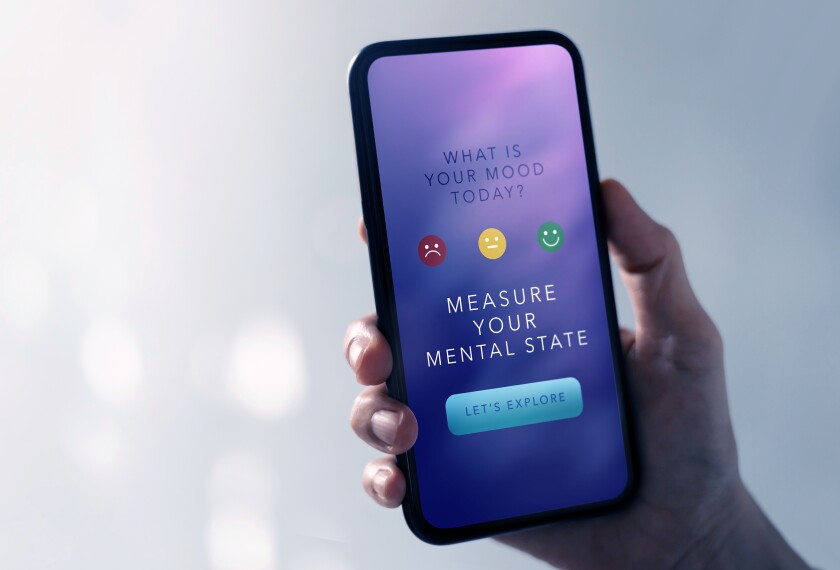Struggles and setbacks are a normal part of academically challenging classes. But how students think about their struggles—as failures or a normal part of learning—could make the difference in whether students persevere and succeed in science, technology, engineering, and mathematics.
A new study in the Annals of the New York Academy of Science found high school students’ mindsets impacted how likely they were to consider an academic setback as a permanent failure.
As part of an eight-week online STEM internship program, researchers interviewed 300 high school students from New York, New Jersey, Colorado, and California, then conducted deep analysis of 150. The students weren’t specifically asked to describe “failure,” just about their most memorable challenges in science and math classes.
"[Students] who focus on the learning process tend not to label their experiences as a failure,” said Xiaodong Lin-Sieger, the lead author of the study and a psychology professor with the Education for Persistence and Innovation Center at Teachers College, Columbia University. In contrast, students who focus on outcomes like grades or test results “tend to look at [a setback] and label it as a failure. So that’s significant.”
While all of the students generally performed average to well academically, higher-performing students were more likely to look on setbacks as part of the learning process and not label them as failures, compared to relatively average-performing peers.
“It’s very important for teachers to consider, what kids think of as a failure may not be what you think of as a failure,” Lin-Sieger said, “And not all negative reactions are bad.”
Researchers found students’ most common responses to setbacks were so-called “high arousal emotions” such as anger, shame, and frustration. While these reactions may lead to more venting from students, she said, they can also be shifted to energy and motivation. She suggested teachers instead keep an eye on students who have more “low-energy” responses to setbacks, such as withdrawal or depression.
To help students learn to think more productively about academic challenges, Lin-Sieger said, teachers can:
- Regularly ask students to reflect on their experiences with setbacks and problems—not just how they “overcame” an obstacle, but what students learned from it.
- When looking at the histories of important scientists or inventions, discuss how failures, setbacks, and changing tacks played a role in discoveries.
- Be honest about critical feedback. Students develop more realistic expectations of their work and more trust in teachers if criticisms aren’t hidden in praise.
- Encourage students to think of assessments or grades as a midpoint rather than an endpoint in an ongoing learning process.
For example, Lin-Sieger recalled talking down her own panicked science students who performed poorly on a midterm exam. “I finally had a meeting with the whole class,” she said. “I said, ‘Let’s look at the midterm as a process ... you need to dig deeply into how did you answer certain questions ... and what should you do in both preparation, planning, and understanding that you haven’t done? If you can do these things when we come to the final, I can guarantee you should do better.’ ...”
“It helps because when you reframe it, people don’t see one test as a dead end,” Lin-Sieger said. “If you treat everything as a process, I really think anxiety will be lower and learning will be better.”






